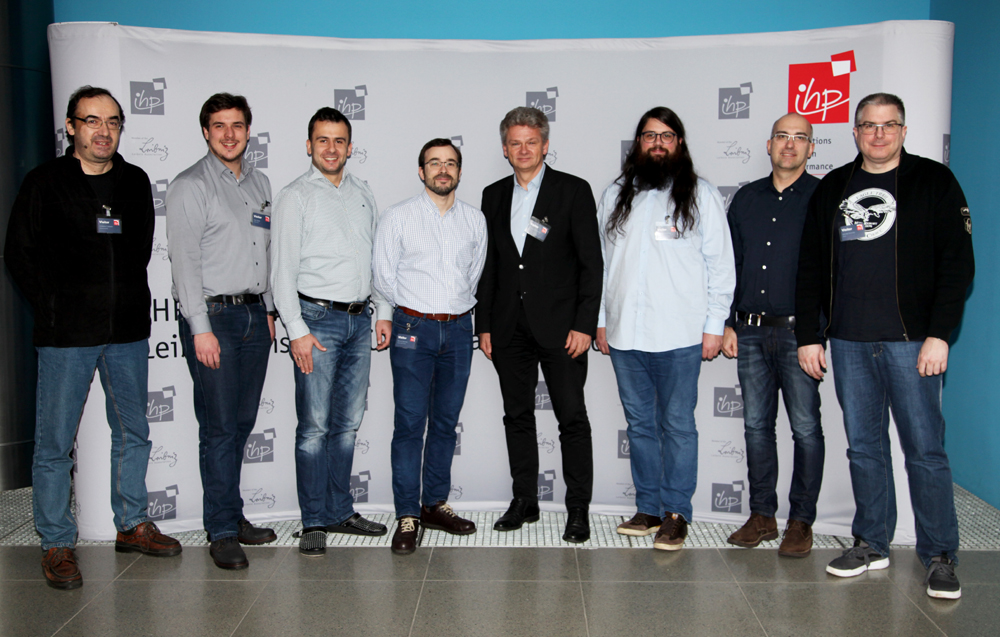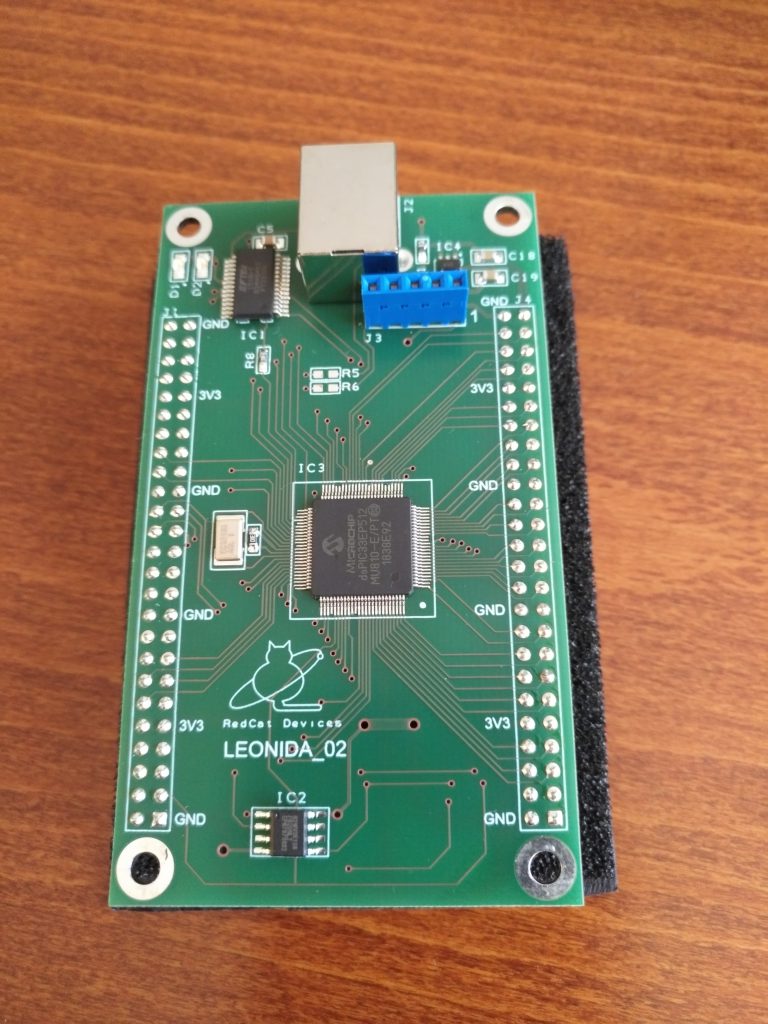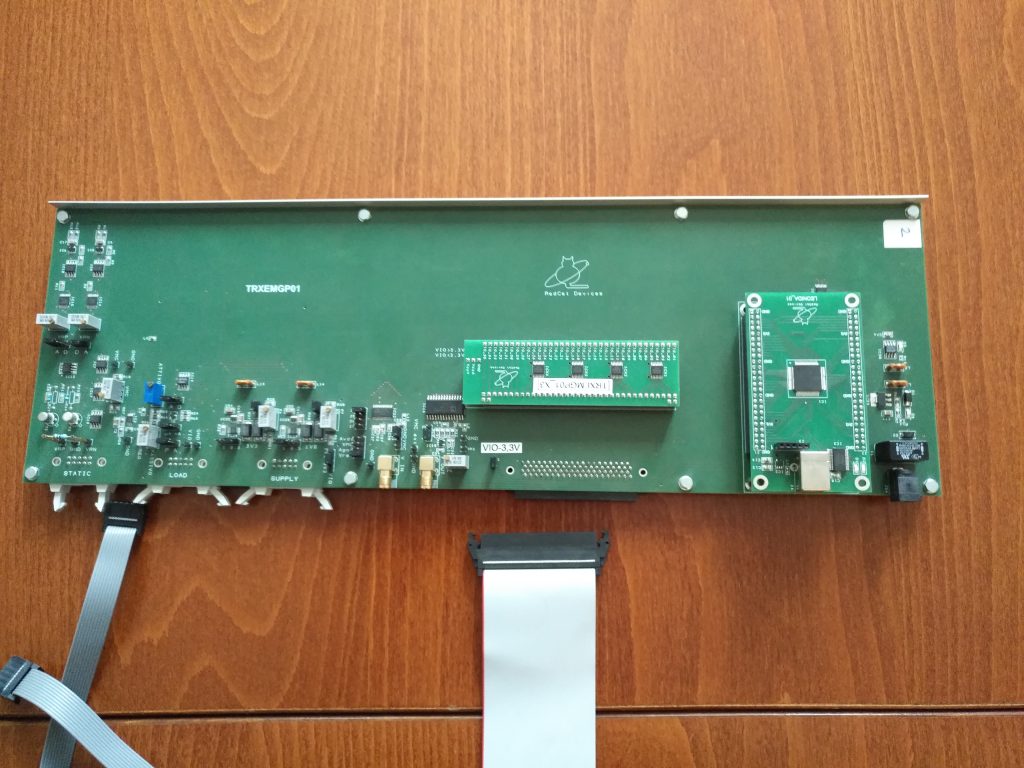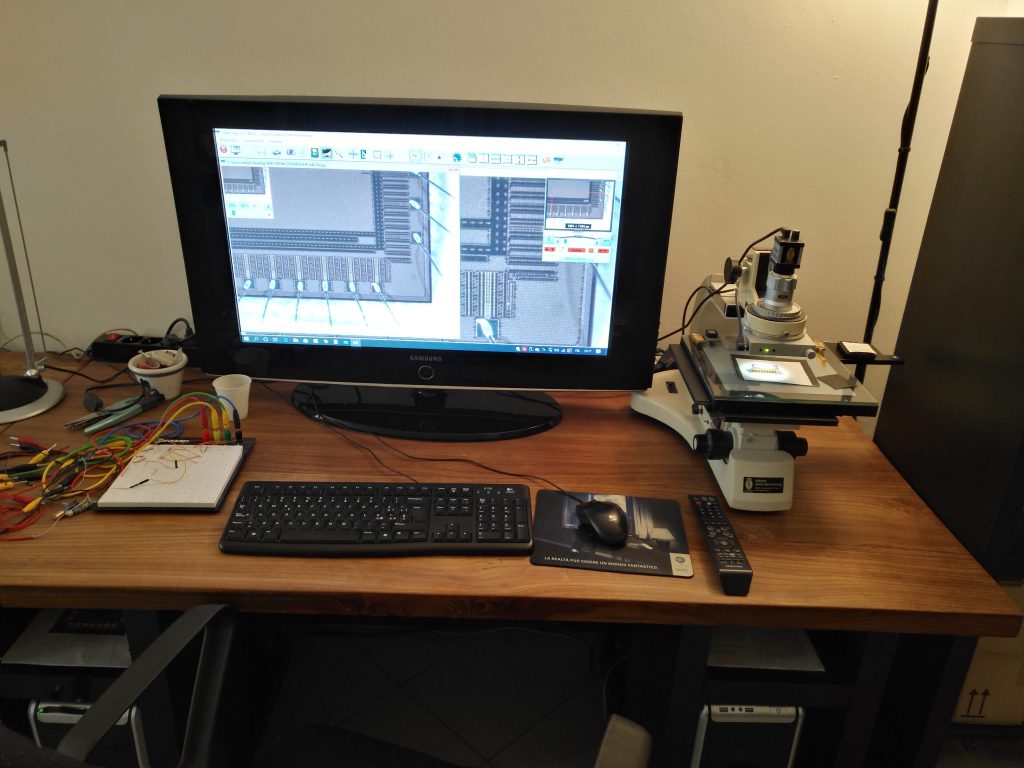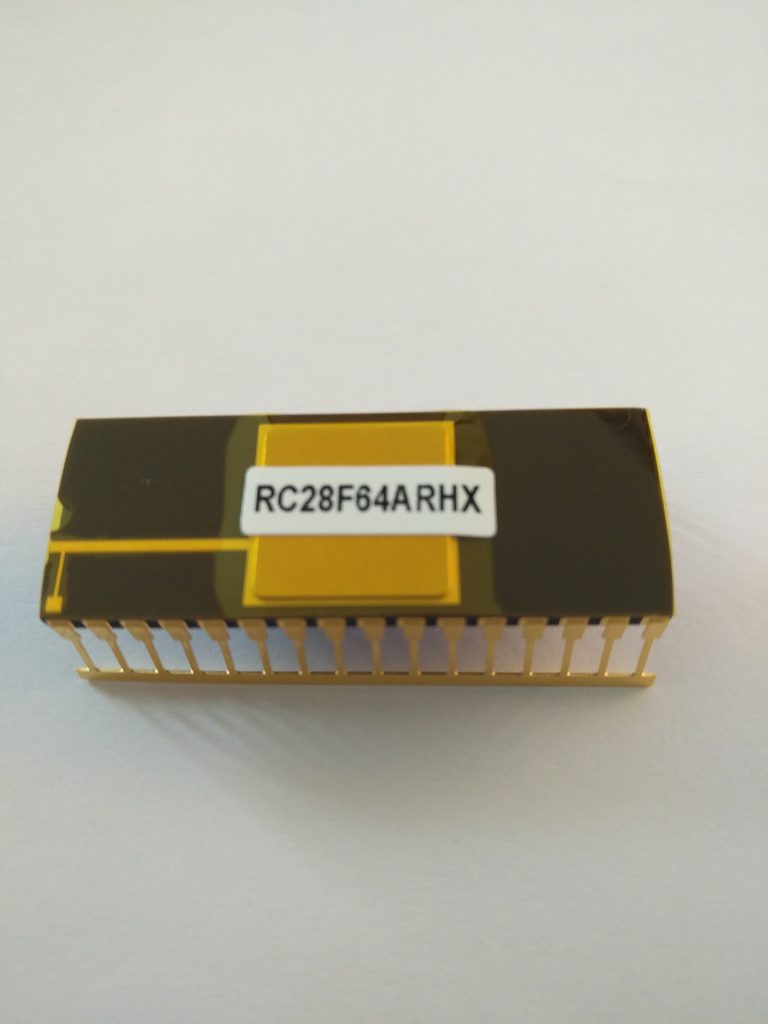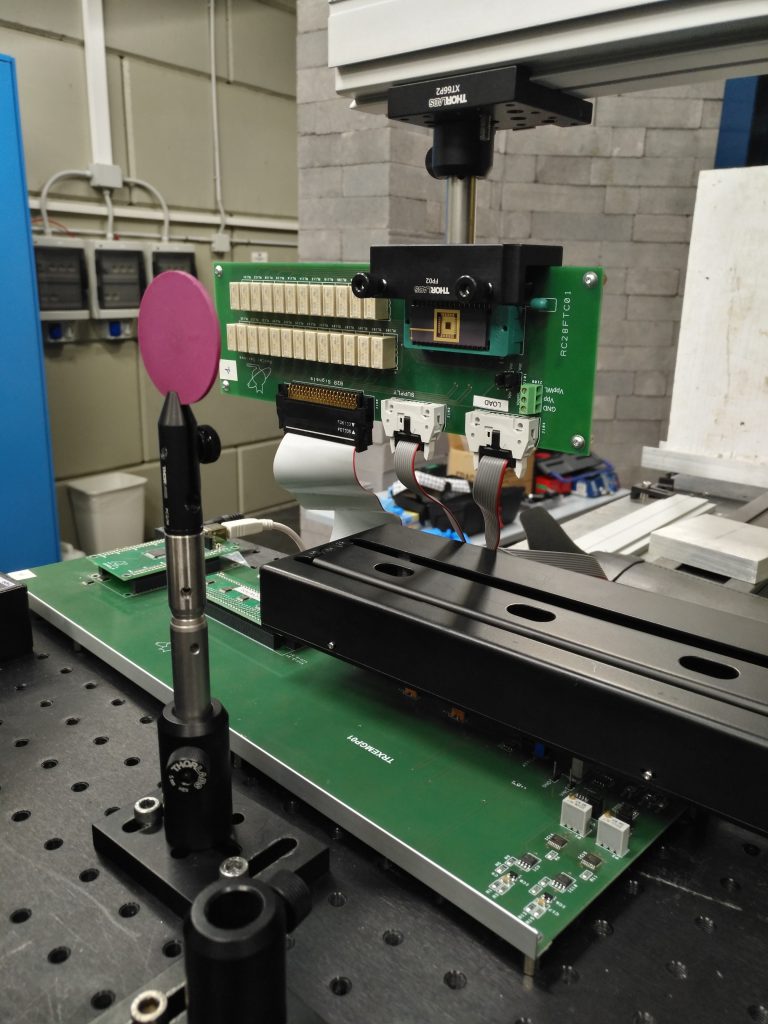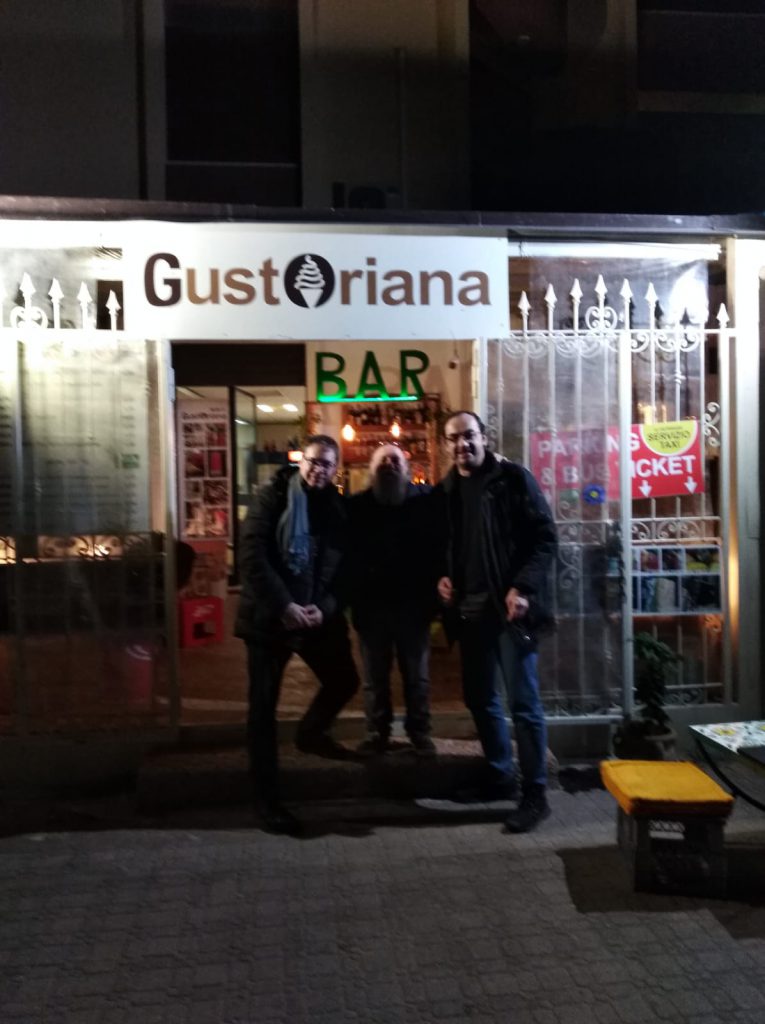Frankfurt Oder, Jan 9th 2020 – Last week the project team of the Horizon 2020 project MORAL met for the first time at IHP (Innovations for High Performance Microelectronics). Within the
project the five partners (IHP, AbsInt Angewandte Informatik GmbH, RedCat Devices, SYSGO AG, Thales Alenia Space España S.A.) want to develop an Export-free Rad-hard Microcontroller for Space Applications. The MORAL project basically has two objectives: “One is to develop a completely European, ITAR (International Traffic in Arms Regulations) free microcontroller for space applications, focused on small satellites, flight control and payload computers for the purposes of mission control, earth observation, navigation and many other applications,” says Dr. Aleksandar Simevski, project coordinator and scientist at IHP. The processor core of the microcontroller is based on a novel IHP Peaktop architecture, including novel, European instruction set. The microcontroller will provide mechanisms for increased reliability and adaptability according to the needs of the space applications. Besides the microcontroller hardware, the required ITAR-free middleware, RTOS (Real Time Operating System) and toolchain will be also available. It is planned to achieve the technology readiness level 7: System Adequacy Validated in Space.
“The other goal is to establish a new European company held by the core consortium partners involved in the project, which will target a trans-continental market. This new company, as the last step of the
project, will sell the microcontroller and give support to the market. It will be focused to produce the microcontroller that can bootstrap the European market for space applications. In particular, we will target the fast growing small satellite market.” Dr. Simevski describes.
The project started on 1st of January 2020 and has a duration of 40 months. It is funded by the European Commission with 3 Mio. Euro.
